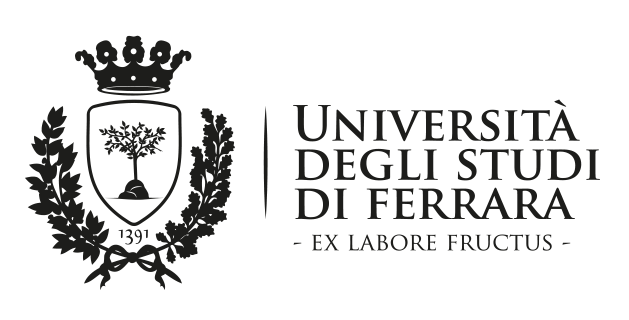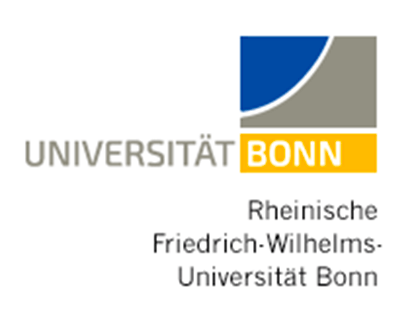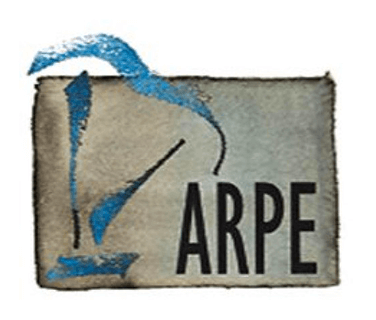about the Project
Financial gain is the main objective of cross-border organised criminal organisations and networks, which exploit complex economic and legal structures to conceal the illegitimate nature of their assets. Neutralising illegitimate property is therefore crucial to tackle organised crime, as stated also by the EU Parliament resolution of 25 October 2011 on organised crime in the EU (2010/2309(INI)). For this purpose, confiscation is an effective response. In this respect, the European Union has adopted several instruments: the Framework Decisions 2001/500/JHA, 2005/212/JHA, and 2006/783/JHA; and later the Directive 2014/42/EU, which obliges Member States to provide also for the ‘third party confiscation’, i.e. the confiscation of assets not belonging to the convicted persons.
Nonetheless, at the moment confiscation laws and practices greatly differ across the EU. This is due, on the one hand, to the discretion left to Member States in the transposition of the EU instruments into national law, and, on the other hand, to the fact that the deadline for the implementation of the recent Directive 2014/42/EU has not expired yet.
Criminal organisations, therefore, benefit from the existing differences between national laws, for example by concentrating their activities in those Member States that have less effective means to trace, freeze and confiscate crime proceeds. Furthermore, such organisations often move illegitimate assets to countries other than those in which they are established, or transfer the property of these assets to ‘third’ persons, extraneous to the organisation. In these cases, therefore, ‘third party confiscation’ proves to be essential.
However, confiscating assets belonging to a third party raises several problems. First, in every jurisdiction confiscation schemes must comply with EU general principles and fundamental rights, the European Convention on Human Rights (ECHR), and the constitutional traditions common to the Member States. Second, law enforcement authorities need effective investigative powers also with regard to persons who did not commit any offence but can nevertheless be deprived of their assets. Third, such investigative measures need to allow law enforcement authorities to trace assets abroad. This is often complicated by the fragmentation of the databases concerning movable and immovable assets, and the limits to their access that are due also to the lack of coordination between national authorities. Fourth, managing frozen assets is already difficult in a national context; it is even more problematic in cross-border cases.
In order to ensure the effectiveness of ‘third party confiscations’ in cross-border cases, it is necessary to address some crucial issues.
First, every Member State should correctly transpose Directive 2014/42/EU into its national system by adopting provisions on third party confiscation, which are respectful of the aforementioned principles and fundamental rights (namely, with the principles of personal guilt and criminal liability, proportionate penalties, defence rights, and right to property).
Second, it is necessary to adopt in every country provisions concerning effective investigative powers also concerning third parties.
Third, a comprehensive reorganisation of the existing databases need to be considered, particularly as regards the rules on collection, cataloguing, coordination and availability of information on assets (such as motor vehicles, securities, real estate, etc.). Such rules concerning registration, preservation and exchange of information must comply with the EU legal framework on data protection and in general with fundamental rights.
This activity is necessary considering the fact that the databases on the different kinds of assets are often different from one MS to the other as for contents, regulation and accessibility. The investigations on the assets to be confiscated are then deeply influenced by the lacking knowledge by the prosecutors about the databases available in the different Member States. A reorganization and then training on the databases existing abroad should then enhance more efficient transnational investigations about the identification and freezing of illicit assets.
Fourth, it is necessary to elaborate some mechanisms to facilitate the management of assets that are frozen in other Member States. This means, on the one hand, to address the obstacles to the cooperation between national authorities; and, on the other hand, to explore the possibilities to harmonise national approaches to asset management, as well as the nature of the authorities competent in that regard.
Our project will contribute to the solutions to the above listed issues, by conducting a comparative research covering aspects both of legal and practical nature.
First, the comparative analysis will aim to identify and assess the legal provisions transposing Directive 2014/42/EU into national law, in particular as regards the ‘third party confiscation’, and their compliance with the EU general principles and fundamental rights.
Second, the survey will cover the investigative measures targeting third parties that are available in the Member States, as well as the concrete strategies adopted by national judicial and enforcement authorities. The objective is to identify best practices and legal solutions, and to disseminate the results in the course of a training programme designed for practitioners involved in third party confiscation proceedings (e.g. judges, prosecutors, police, defence lawyers, administrative authorities).
Third, the project will monitor the existing databases. Furthermore, the project will assess the compliance of national rules on the collection, preservation and exchange of information with the EU legal framework on data protection. Also in this case, the results of the research will be presented to the practitioners participating in the above-mentioned training programme in order to facilitate a more efficient cooperation and a competent use of the existing EU instruments (such as the Directive 2014/41/EU regarding the European Investigation Order in criminal matters, and the Convention on Mutual Assistance in Criminal Matters between the Member States of the European Union of 29 May 2000).
Fourth, as regards the management of frozen assets, the comparative analysis will address the national laws implementing the relevant provisions of the Directive 2014/42/EU, as well as the existing best practices developed in the Member States covered by the project. Such analysis will be discussed with the authorities involved in the management of frozen property. Furthermore, it will be useful to elaborate some guidelines aiming to facilitate and improve the international cooperation on asset management.







